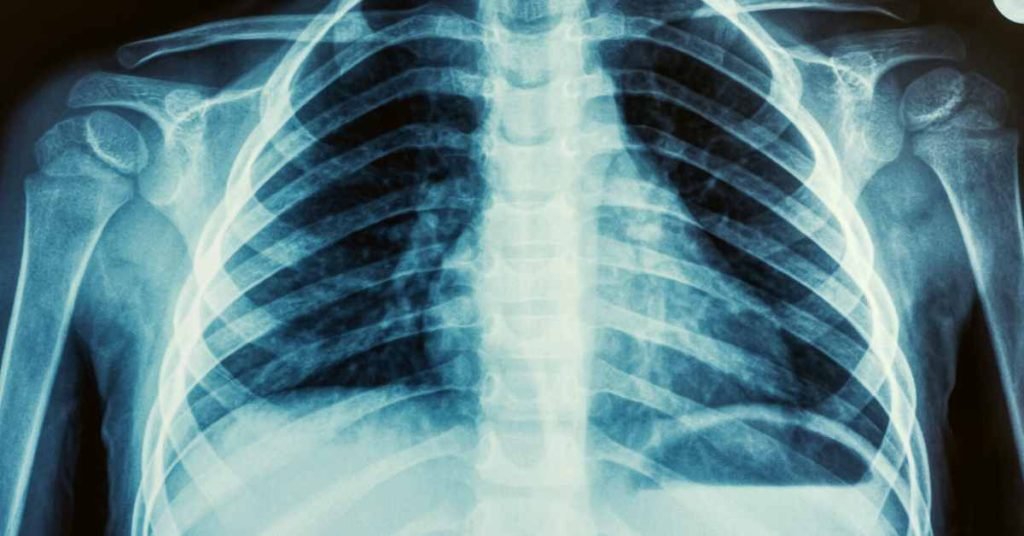Tea has long been revered for its myriad health benefits, from providing a gentle morning pick-me-up to offering solace in the evening.
While its soothing properties are well-known, you might be surprised to learn that certain types of tea can also contribute to bone cyst relief.
Bone cysts are often painful and can significantly impact one’s quality of life.
This article explores the potential benefits of tea in managing bone cysts and offers insights into how different teas can aid in providing relief.
Understanding Bone Cysts
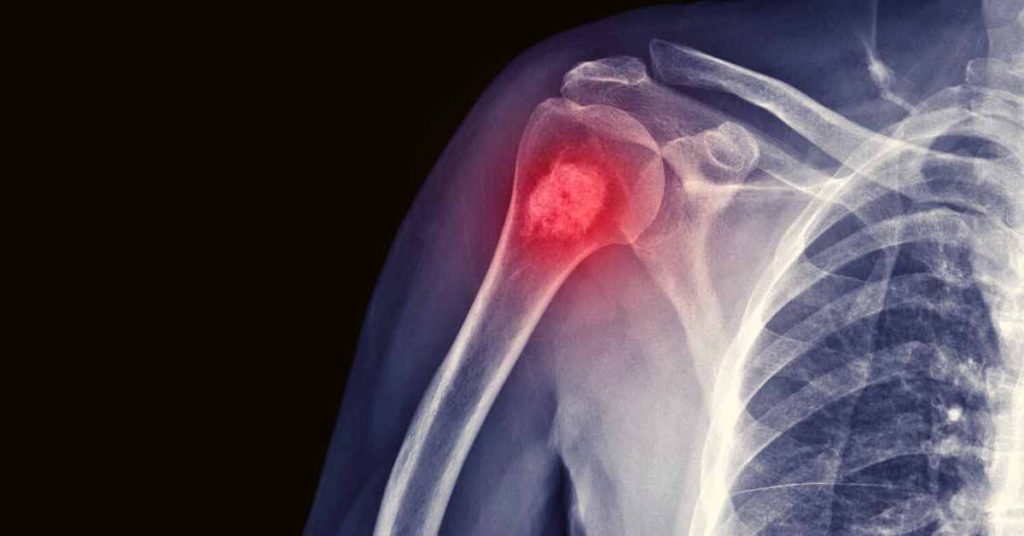
Before delving into the therapeutic aspects of tea for bone cyst relief, it’s essential to grasp the fundamentals of bone cysts.
A bone cyst is a fluid-filled sac that can develop in the bone tissue. These cysts can vary in size and are typically found in the long bones of the arms and legs.
Bone cysts are often benign and can occur in individuals of all ages, but they are most commonly seen in children and young adults.
Symptoms of bone cysts include pain, discomfort, and sometimes swelling. While small cysts may go unnoticed, larger ones can lead to fractures or deformation of the affected bone.
Managing bone cysts can be challenging, as treatment options vary from watchful waiting to surgical interventions. This is where tea, with its potential natural healing properties, comes into play.
Tea’s Role in Bone Health
Tea has been a part of human culture for centuries, celebrated for its versatility and medicinal properties.
A variety of teas have been linked to improved bone health, thanks to their unique composition of antioxidants, vitamins, and minerals.
Let’s explore some teas that have the potential to provide relief for those suffering from bone cysts.
Green Tea
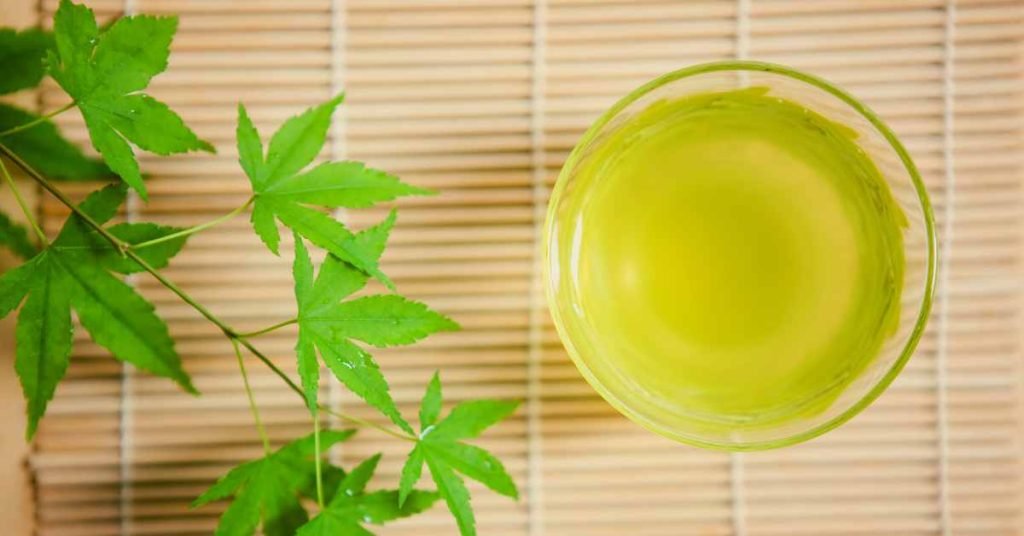
Green tea is celebrated for its high levels of antioxidants, particularly catechins.
These compounds have anti-inflammatory and bone-protective properties that make green tea a valuable beverage for those dealing with bone cysts.
Research suggests that the catechins in green tea may support bone mineral density and overall bone health.
Black Tea
Black tea, known for its rich and robust flavor, contains compounds such as flavonoids and tannins that have been associated with potential bone health benefits.
Drinking black tea may help reduce inflammation and oxidative stress, both of which can exacerbate bone cyst symptoms. Moreover, black tea contains fluoride, which is known to promote healthy bones and teeth.
White Tea
White tea is the least processed among all tea types, and as such, it retains more of its natural antioxidants. This makes white tea a promising candidate for bone cyst relief.
Some studies have indicated that white tea can help enhance bone mineral density and decrease the risk of fractures.
Herbal Teas
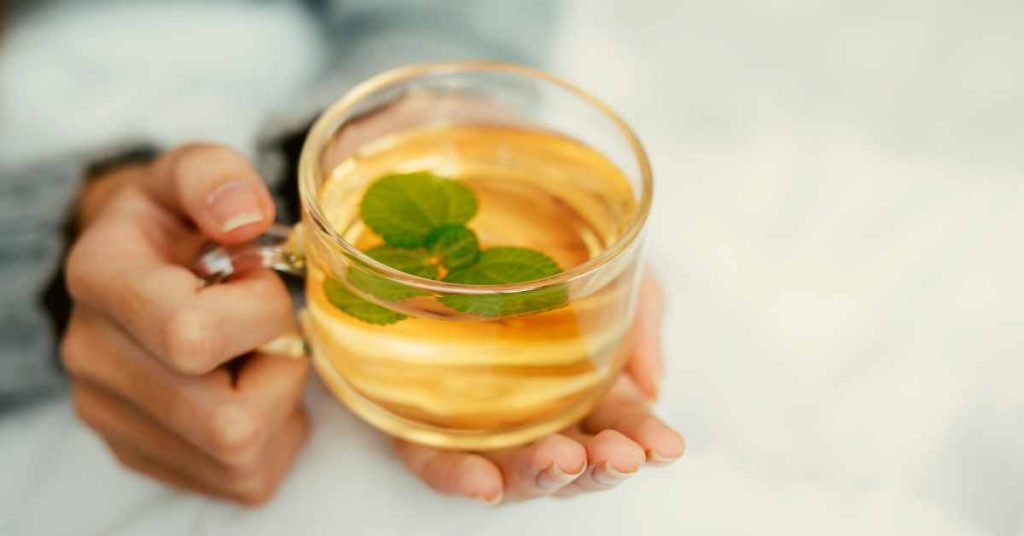
Herbal teas, made from a variety of plants and herbs, offer a wide range of flavors and potential health benefits.
Some herbal teas, such as chamomile, nettle, and ginger tea, have anti-inflammatory properties that can help alleviate bone cyst-related pain and discomfort.
How Tea Can Aid in Bone Cyst Relief
Anti-Inflammatory Properties
Chronic inflammation is a common feature of bone cysts, leading to pain and discomfort. Tea, particularly green and herbal teas, contains bioactive compounds that exhibit anti-inflammatory effects.
These compounds may help reduce inflammation in the bone tissue, providing relief to individuals suffering from bone cysts.
Antioxidant Effects
Tea is rich in antioxidants, which play a crucial role in neutralizing harmful free radicals in the body. By doing so, antioxidants help prevent oxidative damage to bone tissue.
Regular consumption of tea may aid in protecting bones from deterioration, which is especially important for those with bone cysts.
Pain Management
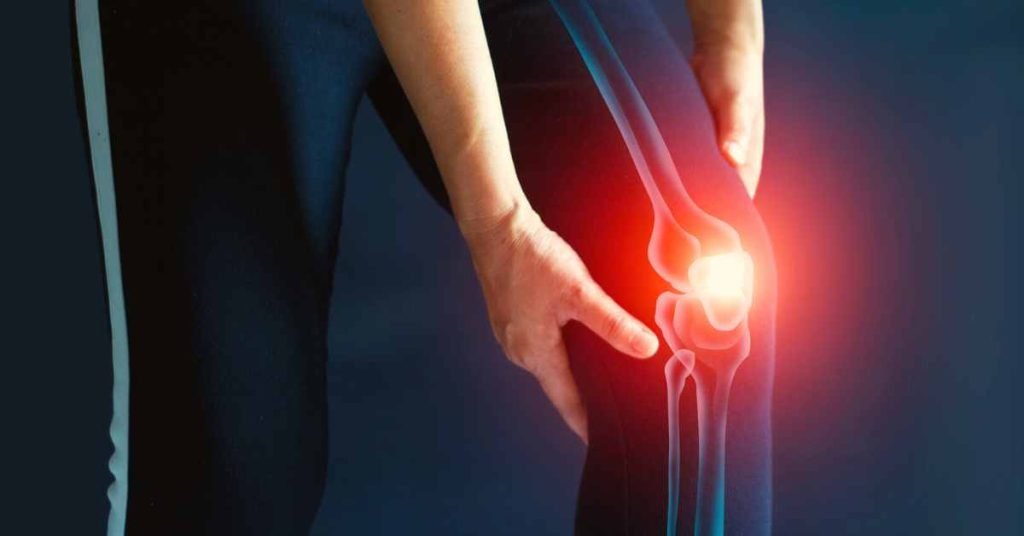
The pain associated with bone cysts can be debilitating. Herbal teas, like chamomile and ginger tea, are known for their natural analgesic properties.
These teas can help alleviate pain and discomfort, allowing individuals with bone cysts to experience some relief without resorting to pharmaceutical pain relievers.
Supporting Bone Mineral Density
Several types of tea, such as green and white tea, have been studied for their potential to improve bone mineral density.
A higher bone mineral density is associated with stronger and healthier bones, making tea consumption an appealing option for those with bone cysts.
How to Incorporate Tea for Bone Cyst Relief
If you’re interested in using tea as a complementary approach to managing bone cysts, here are some tips on how to incorporate it into your daily routine:
- Choose the Right Tea: Opt for green, black, white, or herbal teas that have anti-inflammatory and bone-boosting properties. Experiment with different types to discover which ones work best for you.
- Consistency is Key: To reap the potential benefits of tea for bone cyst relief, make it a consistent part of your daily routine. Aim to drink at least two to three cups of tea per day.
- Stay Hydrated: While tea can be a beneficial addition to your diet, don’t forget to stay adequately hydrated with water as well. Balance is essential.
- Consult Your Doctor: Always consult with a healthcare professional before making significant dietary changes, especially if you have existing medical conditions or are taking medications.
Final Word
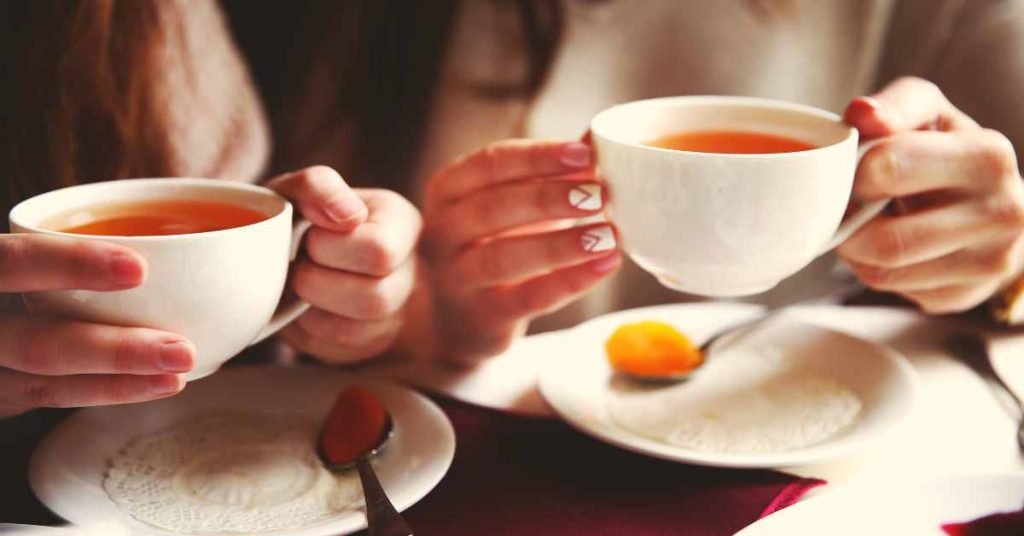
Tea, with its soothing properties and potential health benefits, can play a supportive role in managing bone cysts.
The anti-inflammatory, antioxidant, and pain-relieving effects of various teas make them a natural and accessible option for individuals seeking relief from bone cyst-related symptoms.
While tea should not be considered a sole treatment for bone cysts, it can complement existing medical interventions and contribute to an improved quality of life.
Remember to consult with a healthcare professional to create a holistic approach to managing bone cysts, and savor your tea as a comforting elixir that may bring relief and healing.
MEDICAL DISCLAIMER
Itsnevernotteatime.com cannot and does not contain medical/health advice. The medical/health information is provided for general and educational purposes only and is not a substitute for professional advice.
